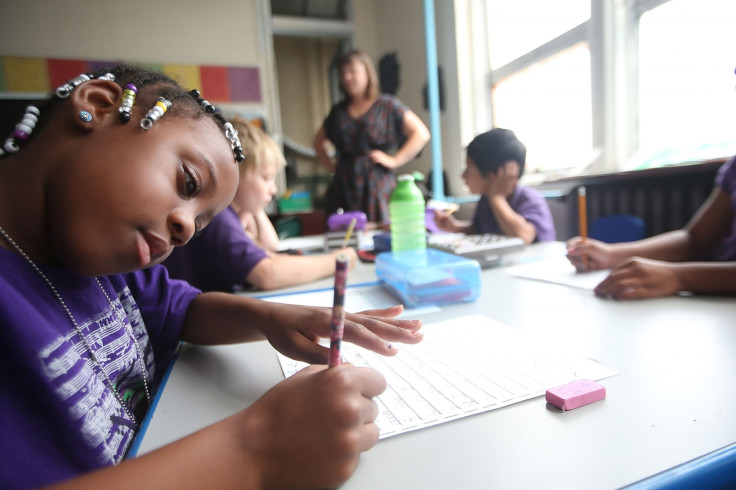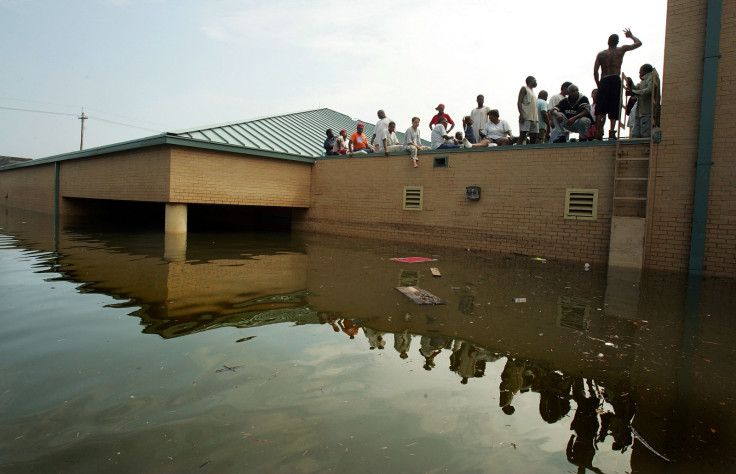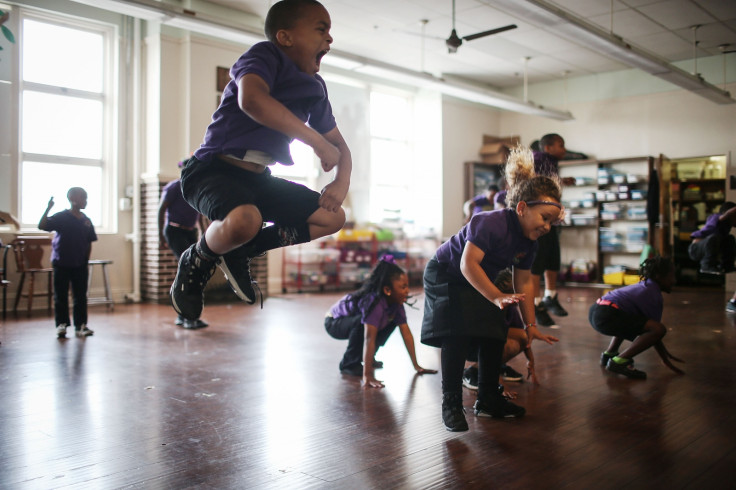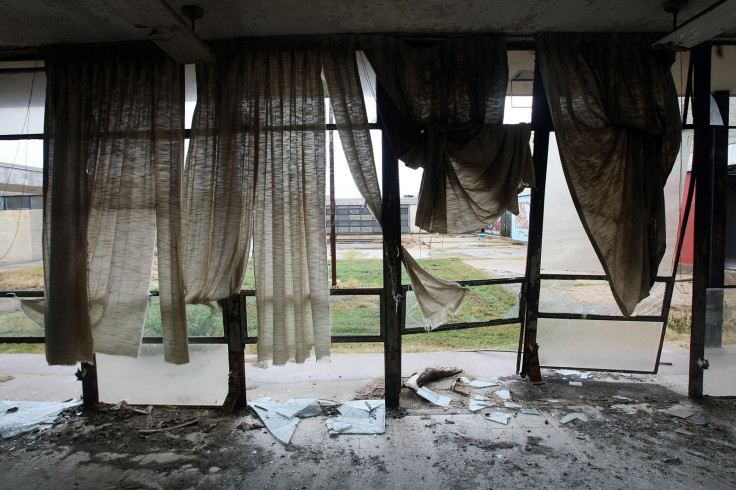Hurricane Katrina 10 years on: New Orleans charter schools improved education from 'F to C'

More than 1,800 people were killed across the Gulf Coast after Hurricane Katrina made landfall in Florida and swept across the southern United States 10 years ago. After levees breached and flood defences failed in New Orleans, around 80% of the coastal city was submerged underwater, washing away tens of thousands of homes, businesses and public buildings including hospitals and schools.
Before Katrina devastated the Big Easy, the education system was already in ruins. Before August 2005, 64% of public school students attended "failing" schools and only half of the pupils earned diplomas. The public school system in place was crippled by corruption, a lack of funds and the challenges of educating large numbers of students in poverty.
In 2003, Louisiana approved the creation of the Recovery School District to take over the operations of failing schools – ones that did not meet the minimum academic standard for at least four consecutive years. When Katrina struck, more than 100 of the city's 128 school buildings were damaged or destroyed.
'Broken and dysfunctional'
Jay Altman, CEO and founder of FirstLine Schools, which creates open admissions public schools in New Orleans, says enormous progress has been made post-Katrina.
"The system in New Orleans was among the worst in the country, the number of students at or above grade level was around 23 points below the average for the rest of the state," he says. Fiscal corruption was also a major problem.
He adds: "The FBI had set up a field office at the local school system because there was so much corruption. The head of the school board ended up going to prison. It was a broken and dysfunctional school system – there were a lot of good people in the system, but the system itself was broken."

The need for reform was two-fold, so the state turned 80% of the schools to the RSD – the majority charters, independently run public schools granted greater flexibility in its operations in return for greater accountability for performance. A decade later, the district's graduation rate has risen to 73%.
"The RSD was created prior to Katrina because it was recovery from educational failure," Altman says. "In the UK, you have Ofsted and the inspection system where there are ratings which state schools are unacceptable, but that isn't the case in the US. There hasn't been the same kind of accountability, so schools that are underperforming go on underperforming for years."
'We have gone from an F to a C'
The change was aided by millions of dollars in philanthropic and federal funding, as well as instructional improvements through organisations such as FirstLine Schools Leadership. In September 2014, Louisiana's RSD closed the last of its public schools that have not been turned into charters, leaving it a 100% charter school district in New Orleans and across the state.
"This was pretty radical for the US to say if a school is failing it will change governance. When Katrina happened, they said OK we are going to declare this a failed district – whether they were going to do that anyway I don't know," Altman says. At the time, it was not known how many of the levelled schools would come back – and how functional they would be if they did.
So how successful has the renewed system been? "That is the key question," Altman says. "Where we once had 62% students in failing schools, we now have 7%. We once had 35% students at basic skill level, but now we are at 62%. And where students with disabilities were at 11%, we now we are at 39%."

"It's not like the schools are great because we still have a long way to go. Basically we have gone from an F to a C, from abysmal to satisfactory, but enormous progress has been made."
Supporters of New Orleans' educational rebirth say the key to the RSD's success is based on charters having more autonomy over staffing, spending and teaching compared with traditional public schools. In a sense, the levels of autonomy are more akin to private schools. With more sovereignty, Altman says charters are more adaptive. He adds: "Compared to the schools under the structure of traditional local education authorities, ones within the RSD can make lots of small changes to be adaptive institutions."
'Different set of rules'
Charter schools have been met with divided opinion, though. Some critics argue the reason charters appear to be so successful is that the state is using a lower standard to measure achievement, which makes it easier for schools to go from failing to improvement. Another argument that has gained momentum in the charter discussion is that because parents have to apply for charters, schools can be selective over which pupils they admit, fuelling discrimination and racial divide.
A study published in April by Duke University stated charter schools have increased racial segregation in K-12 public education. It found at traditional public schools, only about 30% of students attend schools deemed "highly segregated" – schools that are more than 80% or less than 20% Caucasian. At charter schools, it stated more than two-thirds attend schools that are highly segregated.

Evans Moore, the former NAACP education manager, told Al Jazeera in an interview in 2013 that charter schools have a "different set of rules that they can play by because they can pick and choose the students they want". He said: "We have to be careful that we aren't working with a double standard, where charter schools, which are public schools, have the option to pick students, where other public schools have to take the students they are assigned."
But the RSD disputes these claims, saying its schools cannot pick and choose students and the centralised system it uses for enrolment does not take into account race, disability or academic history. It also disagrees that charters serve the purpose of privatising public schools.
'It goes above just teaching'
Cities around the US have been watching the progress in New Orleans and in some cities – Detroit in Michigan, Gary in Indiana and Washington DC – a considerable percentage of students attend charter schools.
Altman says the next stage in improving the education system goes further than just academic improvement to raise charters from a grade C to an A. "I think it's about routine and developing teachers and leaders over a long period of time. Educating students in poverty is a complex challenge and it is about building those skills over a long period of time," he says.
"For example, how do you teach students how to read? How do you create environments that are nurturing and therapeutic for students who have had stress in their lives that has interfered with their ability to learn? We need to improve not just on the academic side, but also improve school culture for students who are struggling socially and emotionally. It goes above just the teaching itself."
© Copyright IBTimes 2025. All rights reserved.




















